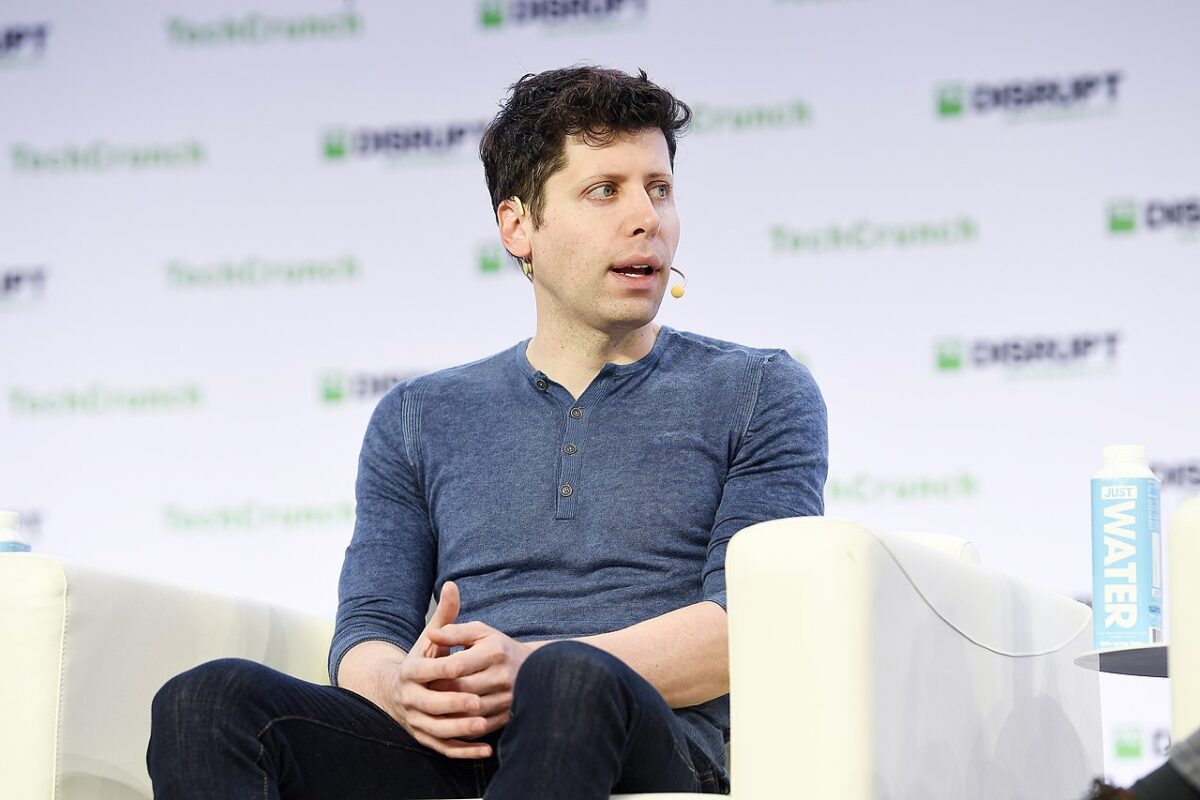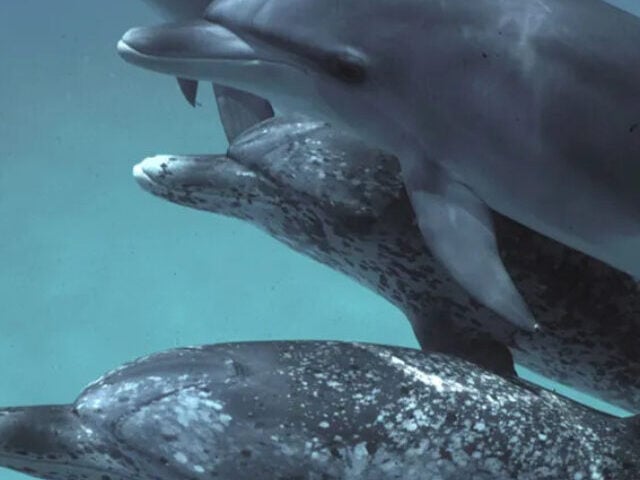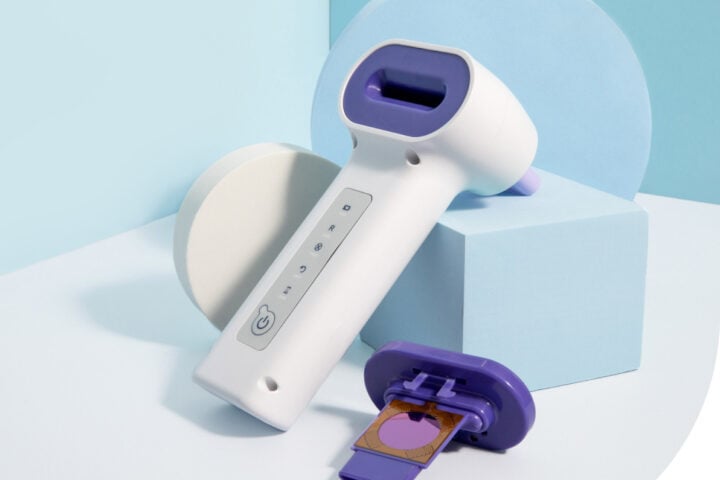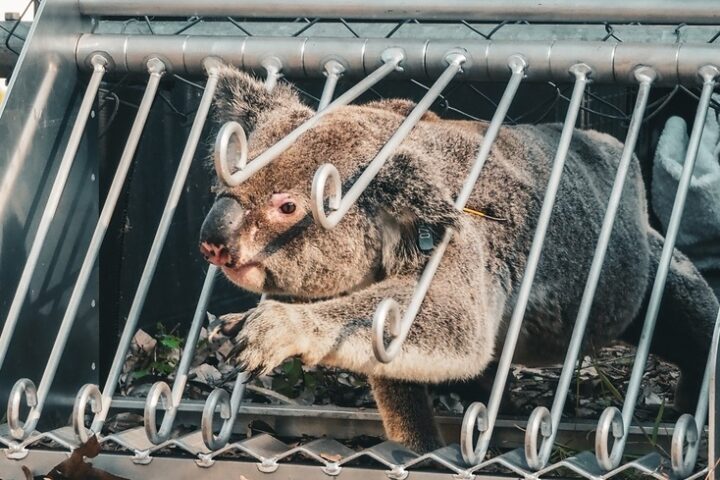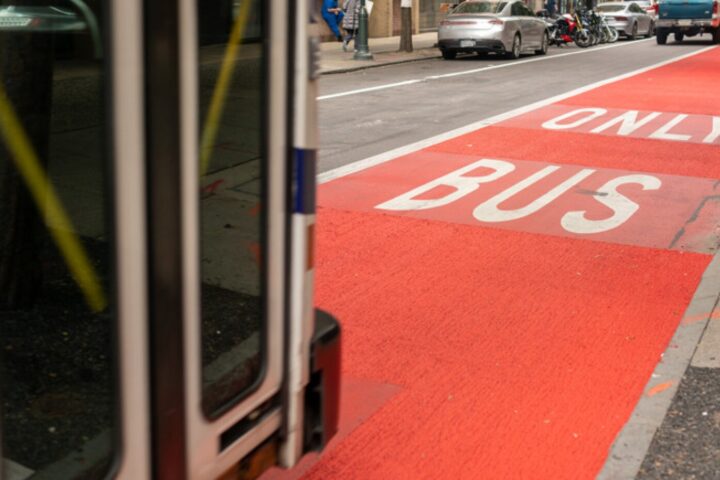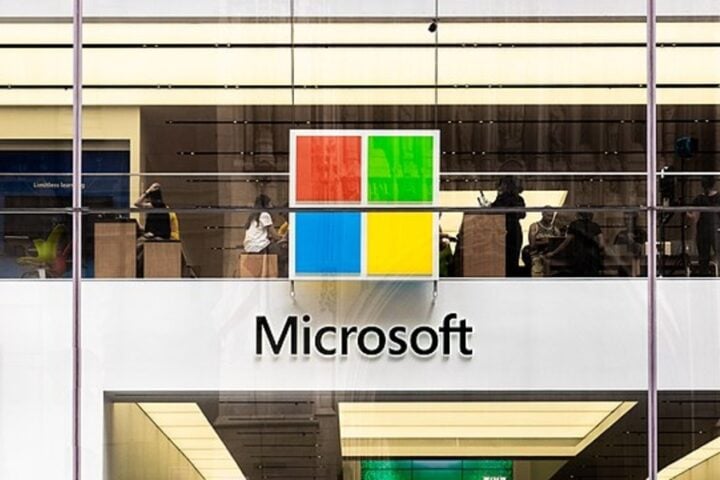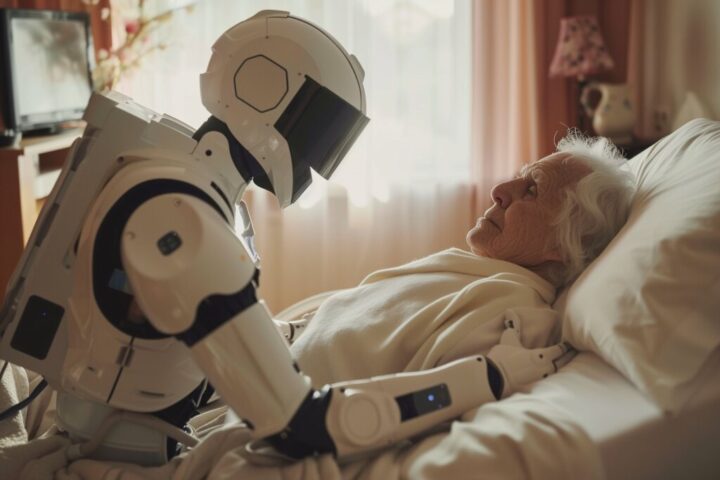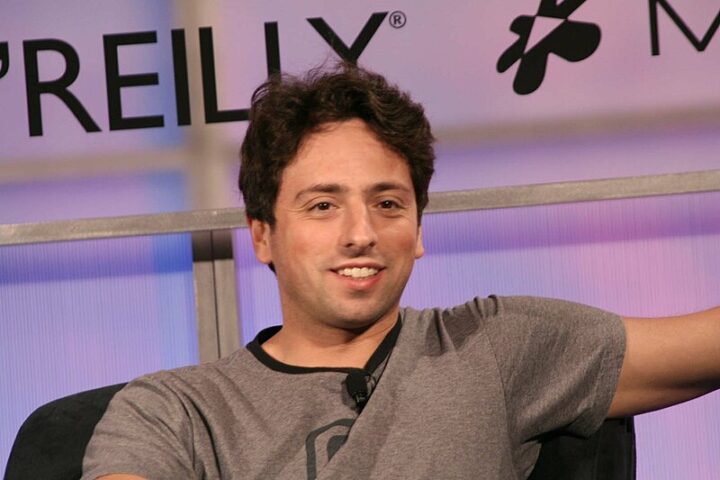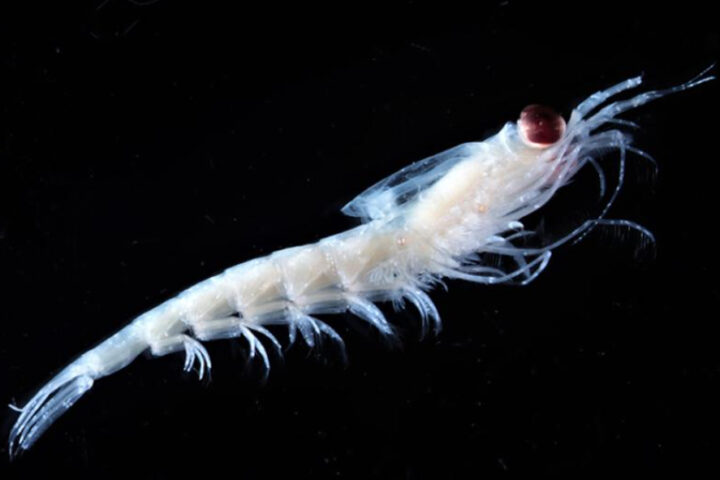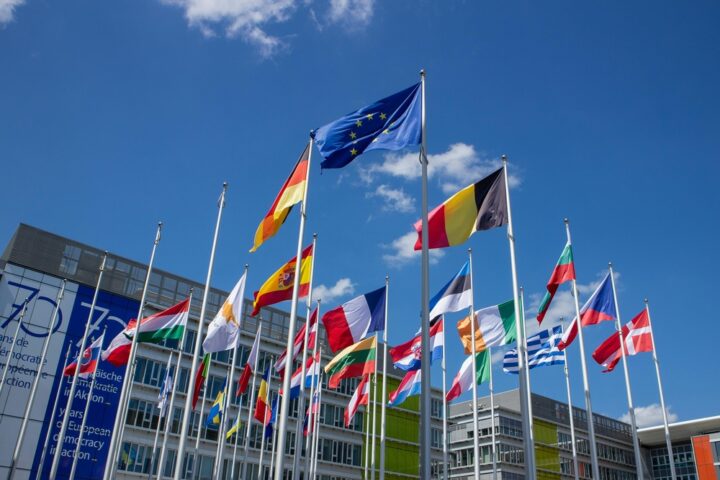Two separate lawsuits are being filed against OpenAI, a non-profit research company, alleging copyright infringement and privacy violations. In the first lawsuit filed by a group of authors, it is claimed that OpenAI used their novels without permission to train its AI Chatbot, ChatGPT. The allegations coming from the authors are that ChatGPT’s ability to generate summaries of their novels is only possible because it was trained on their copyrighted works. In the second lawsuit, filed by a group of internet users, it is alleged that Open AI scraped their data without their consent to train its AI models. The plaintiffs allege that Open AI’s use of their data violates their privacy rights and that the company has failed to take adequate steps to protect their data from misuse.
OpenAI has not yet responded to the lawsuits. The group of authors who filed the copyright infringement lawsuit includes Paul Tremblay and Mona Awad. M. Night Shyamalan adapted Tremblay’s novel into a movie known as “The Cabin at the End of the World.” The novel “Bunny”, written by Awad, was a finalist for the 2019 Women’s Prize for Fiction. Damages are being sought by the authors for copyright infringement, as well as an injunction preventing Open AI from using their works in the future. A group of internet users, including John Doe and Jane Doe, filed a privacy violation lawsuit. The plaintiffs allegation is that OpenAI scraped their personal data without their knowledge or consent to train its AI models. It is claimed by the plaintiffs that OpenAI collected their data without consent. OpenAI scraped the personal data from a variety of sources, including social media platforms, online forums, and public records.
Similar Post
It is alleged by them that Open AI used this data to create profiles of them and train its AI models to generate text that is similar to their own. Damages are being sought by the plaintiffs for privacy violations, as well as an injunction preventing OpenAI from collecting their data in the future. The copyright infringement and privacy violation lawsuits against OpenAI raise important questions about the use of AI and the protection of intellectual property and privacy rights. The copyright infringement lawsuit could have implications for the development of AI chatbots and other AI-powered applications. If OpenAI is found liable for copyright infringement, it could mark a significant development in the current AI race. It could set a benchmark that makes it more difficult for other companies to develop similar products. The lawsuit about the privacy violation could have implications for the way that AI companies collect and use personal data. It could lead to new regulations governing the use of AI and personal data if Open AI is found liable for privacy violations. How these lawsuits will be resolved remains to be seen. They, however, are a sign of the growing importance of intellectual property and privacy rights in the age of AI.
